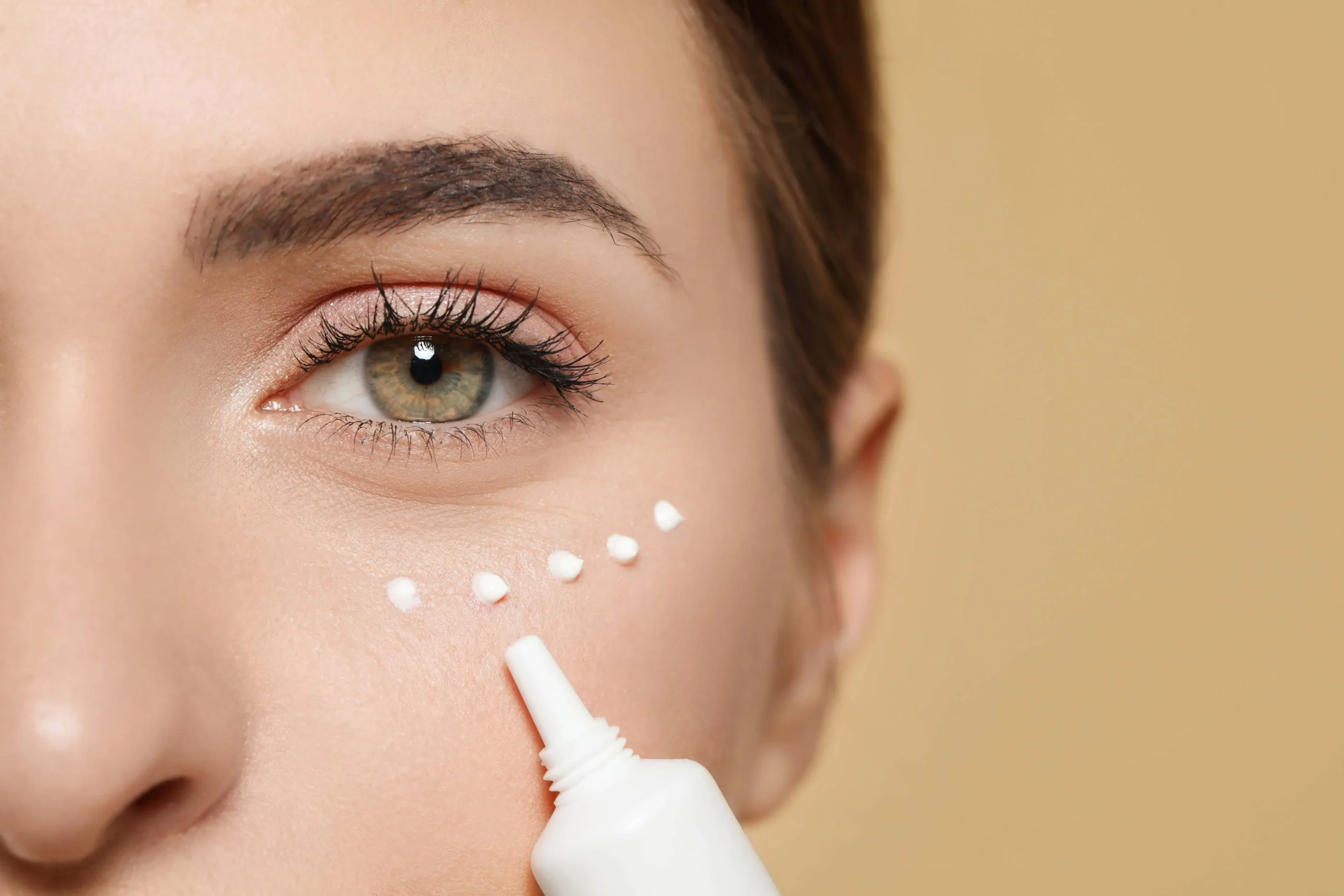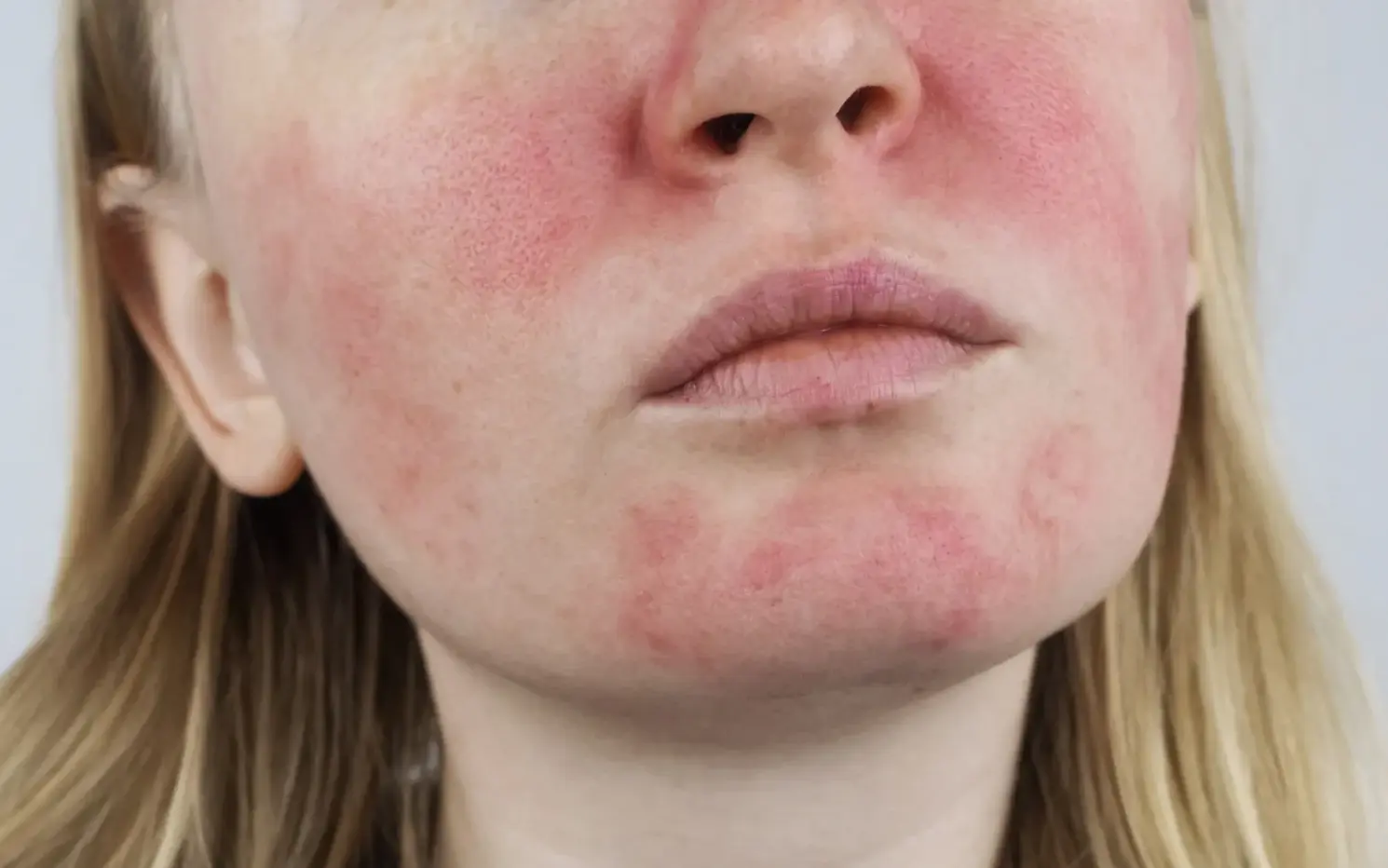The best and most recommended way to prevent the spread of germs and bacteria is to wash your hands. But sometimes we are placed in situations where we may not be near a restroom or just want that extra feeling of protection, hand sanitizer is the next best thing to hand washing or best additional thing rather especially now as we try to prevent the spread of COVID-19.
There are two types of people when it comes to hand sanitizer: some of us have always kept a little bottle on hand while others only associate it with hospitals and doctor’s offices. Whichever side you fall on, the bottom line is that we want and need to stay as healthy as possible.
What is the ideal way to use hand sanitizer?
Hand sanitizers are designed to kill bacteria and viruses that cause infection but in order for them to be effective you need to use enough of it to fully cover the entire hand and fingers. You should be using about a quarter-size dollop. After applying you want to rub your hands together for about 20 seconds and let them dry. You will want to use some moisturizer to help restore and improve your skin’s hydration and moisture barrier as the sanitizer can be extremely drying.
When should you choose soap and water over a quick dollop of hand sanitizer?
Sanitizers are meant to kill germs but cannot erase visible dirt and debris. They simply don’t work as well when your hands are covered in dirt or grime. Soap and water would be the better option here. Similarly, if you have come in contact with harmful chemicals, soap and water is a must! Soap kills germs, then binds them together and helps to physically remove them with the water and down the drain they go.
What should you look for when picking out a hand sanitizer?
You want to make sure your hand sanitizer has at least 60% alcohol. The FDA recommends that you look for up to 95% ethanol or isopropanol. The alcohol acts as a denaturing agent versus a soap which acts as a detergent. Alcohol essentially kills or inactivates viruses.
What if I am too sensitive to alcohol?
If you have sensitive skin or a skin condition such as eczema you will want to opt for an alcohol-free version of sanitizer, but keep in mind that nonalcohol-based hand sanitizers may not reliably kill all microorganisms.






